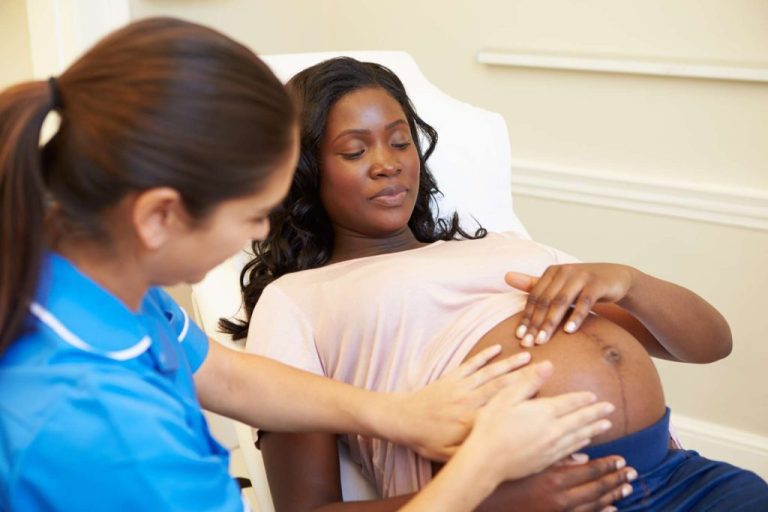The Royal College of Midwives (RCM) has welcomed the publication of new standards for maternity care in Wales, but urged the government to outline how it will fill gaps in the workforce.
This week, the Welsh Government published two documents: the Quality Statement on Maternity and Neonatal Care and the Perinatal Engagement Framework.
“These women need specialist midwife support to maintain a safe pregnancy”
Vicky Richards
The quality statement outlines expectations for what good maternity and neonatal services look like in Wales, including definitions of safe, timely, effective, efficient, equitable and person-centred care.
It sets standards for Welsh NHS health boards on ensuring they have compassionate and inclusive leadership, succession planning, workforce planning, a just culture and that they encourage the engagement of staff and patients in research to improve care.
Among its recommendations is a goal for health boards to work with arms-length government body Health Education and Improvement Wales (HEIW) to deliver a perinatal strategic workforce plan.
Such a plan is already in development, with a consultation held last year.
The plan aims to “address the requirements for the perinatal workforce”, in response to workforce shortages and difficulties attracting and retaining staff, according to HEIW.
Meanwhile, the Perinatal Engagement Framework sets out how health boards can engage with women, parents and families to improve maternity and neonatal services.
Responding to the new publications, the RCM urged HEIW to publish the perinatal workforce plan “without delay”, adding that the success of both the standards and perinatal framework “are dependent” on investing in midwifery staff.
Vicky Richards, RCM national officer for Wales, said the her organisation was “absolutely committed” to improving maternity care in Wales, and that it supported the government’s ambition.
She said: “However, both [documents] are dependent on investing in staff, crucially having the right levels of staff, in the right places with the right education and training.
“Particularly as our members are seeing an increase in more complex pregnancies with women presenting to maternity services with underlying health conditions such as higher BMI, mental ill health and social complexities.
“These women need specialist midwife support to maintain a safe pregnancy and ensure the best outcome for both them and their babies.”
The quality statement reiterated the aim to nationally roll out a digital maternity care system for Wales.
The engagement framework, meanwhile, further outlined current concerns for maternity care in Wales, and ways health boards and other organisations can improve care.
This included the need to provide trauma-informed care, recommendations around ensuring care is inclusive of transgender and other LGBTQ+ people and a recognition that there remains wide health inequalities for people of Black, Asian and minority ethnic backgrounds.
Ms Richards continued: “The Welsh Government must continue to listen to the lived and current experiences of women using Welsh maternity services and the staff who work in them.
“This is central to a successful implementation and to improving the overall safety of our maternity services.”

